Decision making lesson which asks students to decide whether the Nazis should take the cautious, or extreme path to creating a dictatorshipHow Finish by getting them to design a better textbook diagram.
How did Hitler manage to become a dictator?
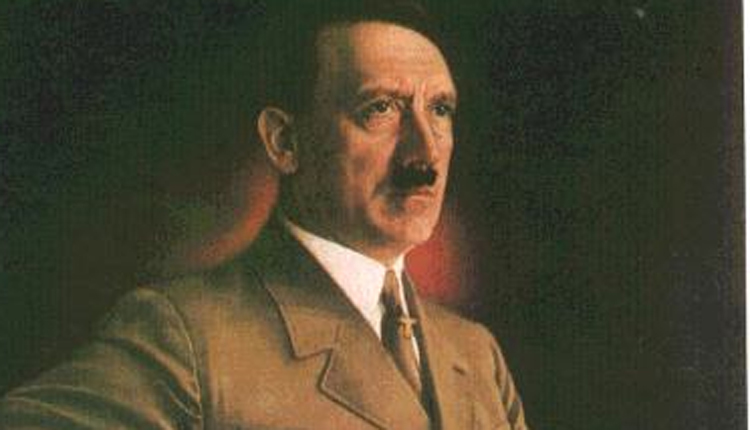

Decision making lesson which asks students to decide whether the Nazis should take the cautious, or extreme path to creating a dictatorshipHow Finish by getting them to design a better textbook diagram.
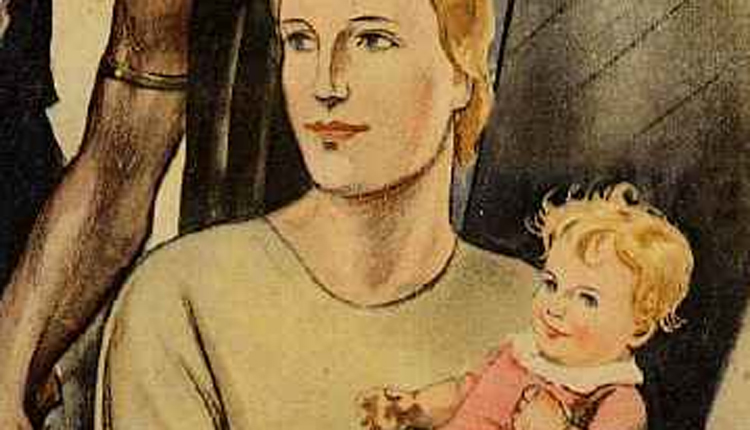
Starting with a thought provoking quote from an ex Nazi, your students will gain an overview of Nazi aims before looking different characters who may disagree.
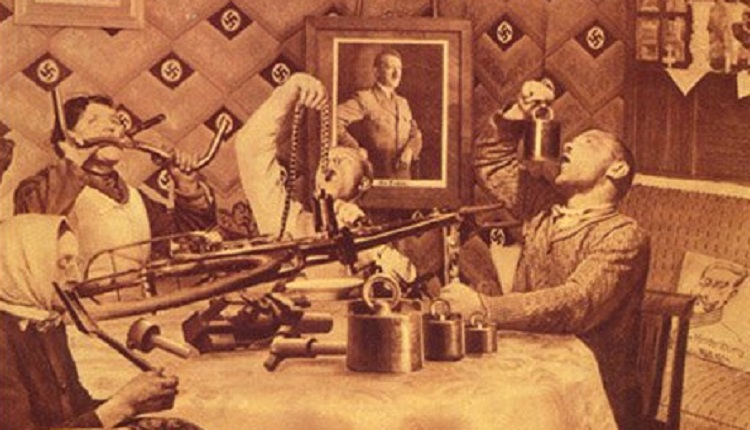
This enquiry helps your students develop an understanding of the Nazi economy. It takes a different approach to historical interpretations by showing how historians can have different views of the past, even when they use exactly the same sources.
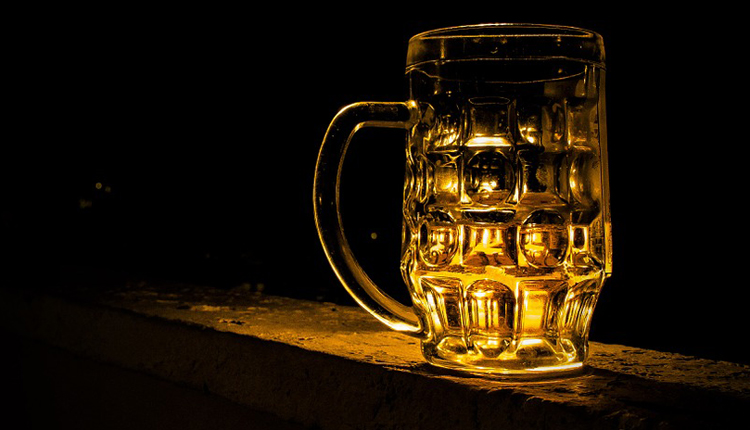
This original approach, deals with the idea of Nazi control through interesting statistics: those criticising the Nazis after drinking, fell after 1933. Why?
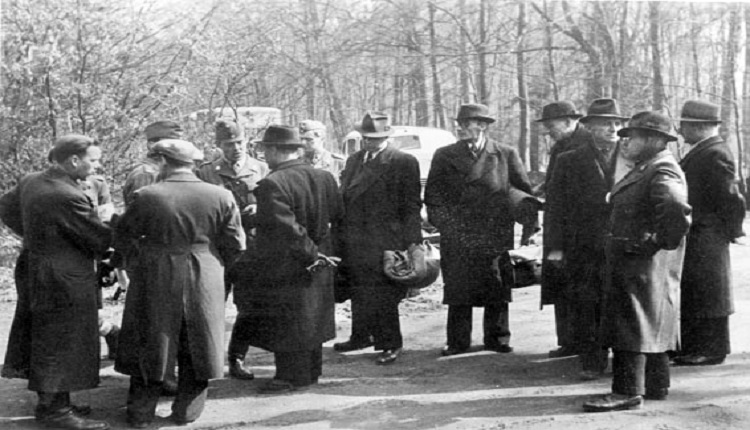
Who is correct about the Gestapo, historian Jacque DeLaRue, who suggests that the Nazi secret police were omnipresent, and the view of the documentary maker, Laurence Rees who thinks that the Gestapo were not?

This interesting enquiry looks at two historians who have opposing views about the Gestapo. Were they everywhere or is this a myth?
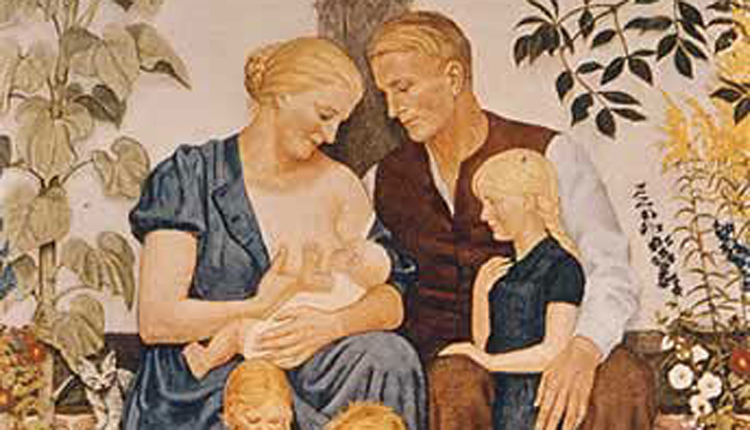
Can we trust Google to do our homework This enquiry gets your students to see that historical skills can be used to check what is posted on the web.
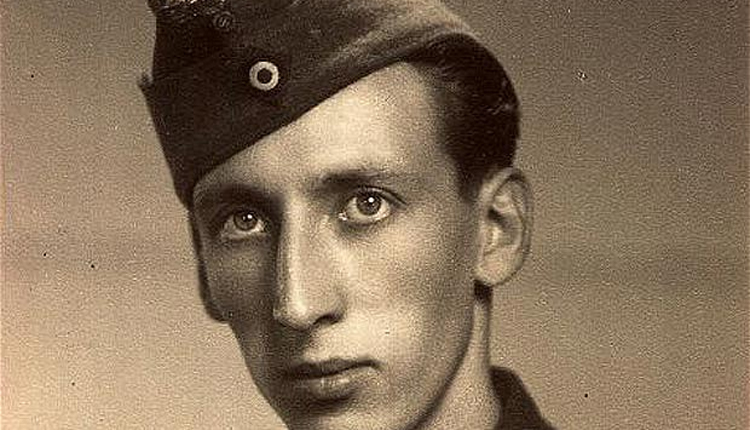
Using the personal story of one young pro Nazi, your class will find out about the purpose of the Hitler Youth and compare Henry’s experience to other people’s.
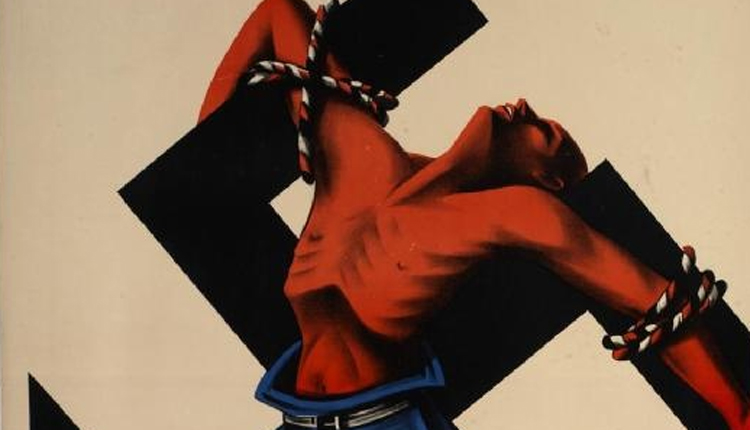
The students make their own audio guide for this poster explaining the message and evaluating how prescient the Social Democrats were.
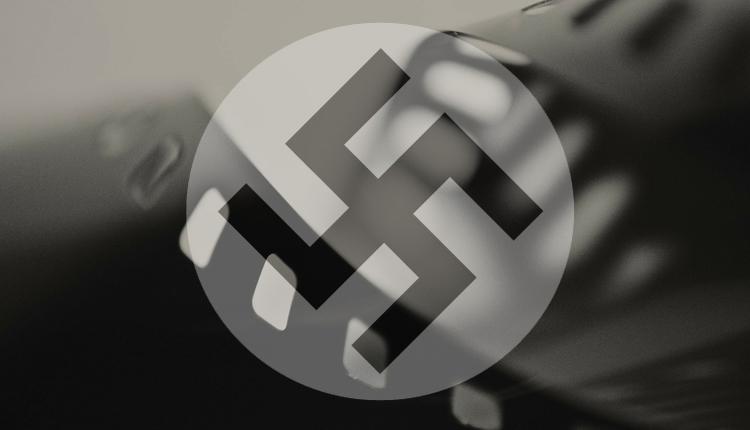
This innovative enquiry gets students to acquire vital GCSE skills in an active manner. They compete in teams to spot subtle forms of propaganda. Can they then challenge an on-line expert?

This enquiry puts your students in the role of investigative journalists. Can they use their skills to get to the bottom of this shocking story. Can be either a class or ICT based enquiry.
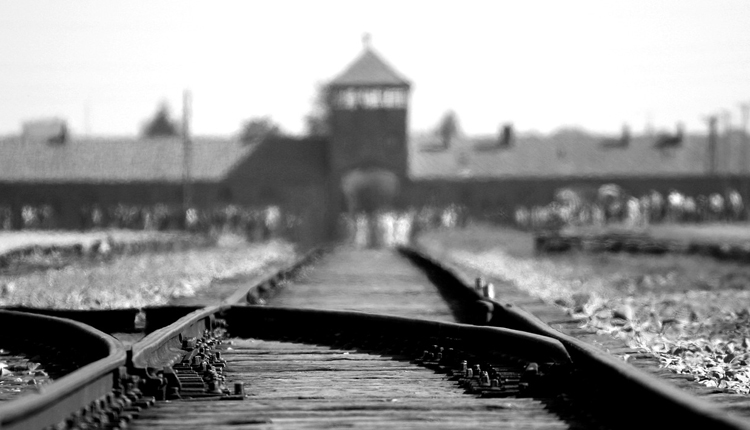
This enquiry shows you what great teaching really should look like. Focusing on real interpretations and high end causation work, can the class decide whether they think The Holocaust was inevitable?

Get your students talking to each other in the role of opponents to the Nazi regime – how many really stood up to the Nazis?
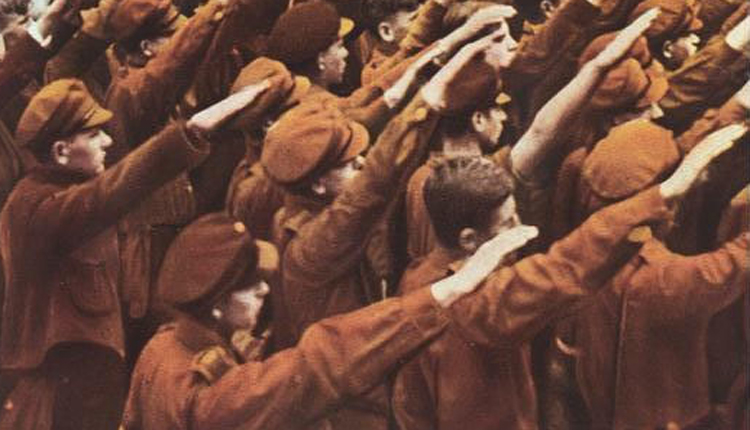
Your students act as Nazi school and youth group inspectors to assess the evidence and work out how well the state achieved its policies for young people.

Using the hook of a broken film clip, students are encouraged to explore the decision making behind the Nazi-Soviet Pact. This is the antidote to a potentially dry topic tacked onto a causes of World War Two unit.
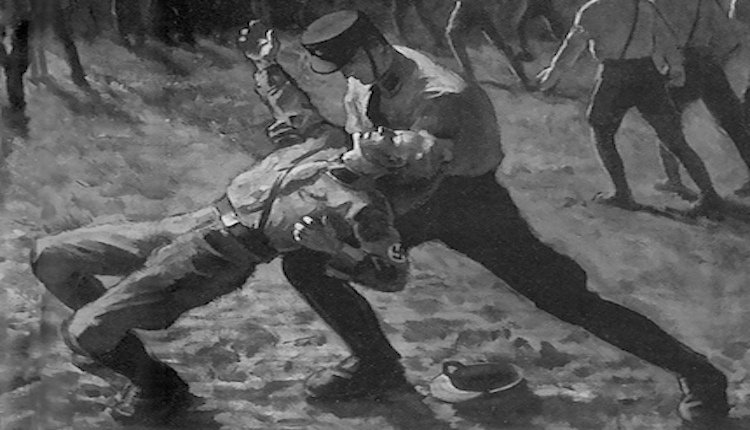
This enquiry asks your students to recall / remember as much as they can about Germany 1933 by answering the simple enquiry question: How far did the Nazis achieve their aims? With the use of clever resources and careful handling, your students will re-visit the core knowledge they need to[…]
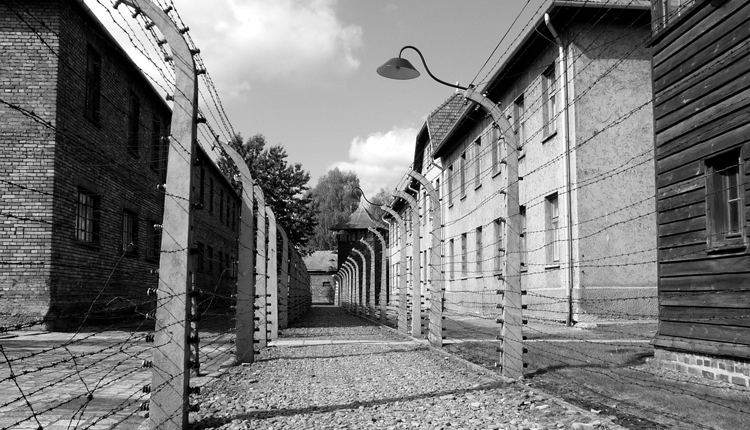
The protest song Peatbog Soldiers was written in a labour camp. What might the lyrics say? How do they compare to the available evidence? Why are some things not included?

Lots of thinking has gone into planning and resourcing the AQA wider world depth study; conflict and tension between East and West 1945-72. The rationale behind this comes straight from successful classroom practice. The entire course has been structured around 10 core principles designed to support learning. The Cold War course with fully[…]
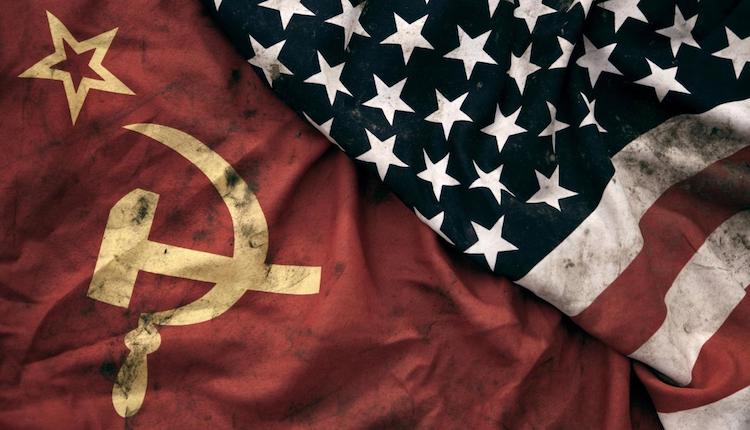
Lots of thinking has gone into planning and resourcing the Edexcel Period Study: Super Power Relations and the Cold War 1941-91. The rationale behind this comes straight from successful classroom practice. The entire course has been structured around 10 core principles designed to support learning. The Cold War course with fully resourced lesson enquiries has[…]
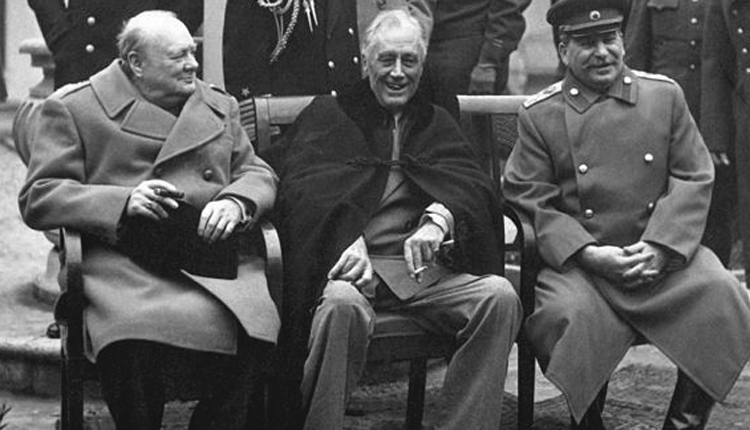
How would you have coped at Yalta? Put your students in role and let them negotiate the best deal for their country
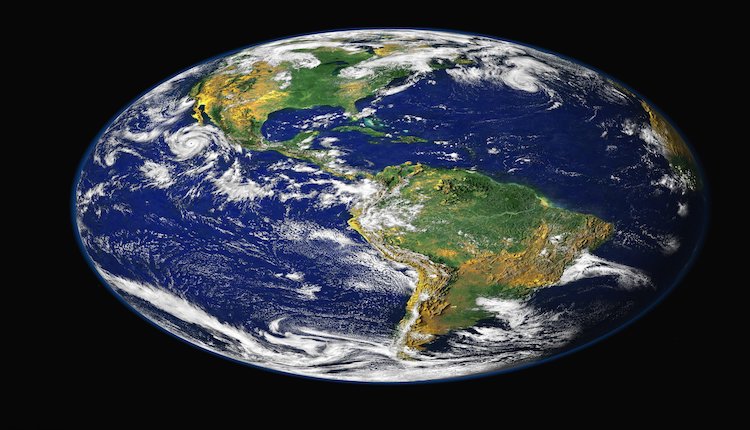
This enquiry acts as an introductory overview to the Cold War unit. It allows your students to work out what the Cold War was and where it happened. It is important to see the big picture before delving deep into the content. As a classic introductory overview your students will look[…]
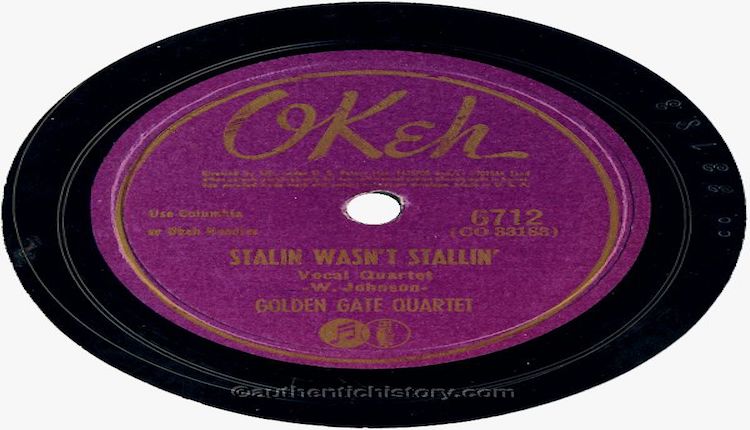
Who really won WW2? Over the past two or three decades Hollywood has led us to believe it is the Americans. However, a song from 1943 seems to give a different view. It is all the more surprising that this song was made in the USA. Can you students work[…]
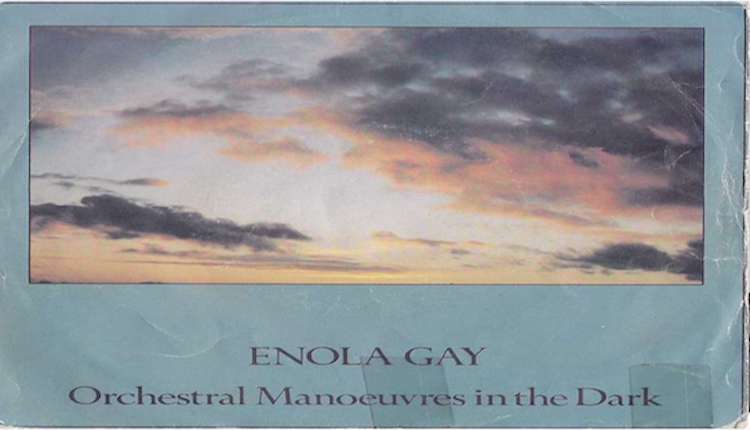
The aim of this enquiry is to allow students to investigate the effect of the dropping the atom bomb on post-war superpower relations. This enquiry enables students to know not just the causes and consequences of the atom bomb (touching on the arms race), but also consider its role in[…]
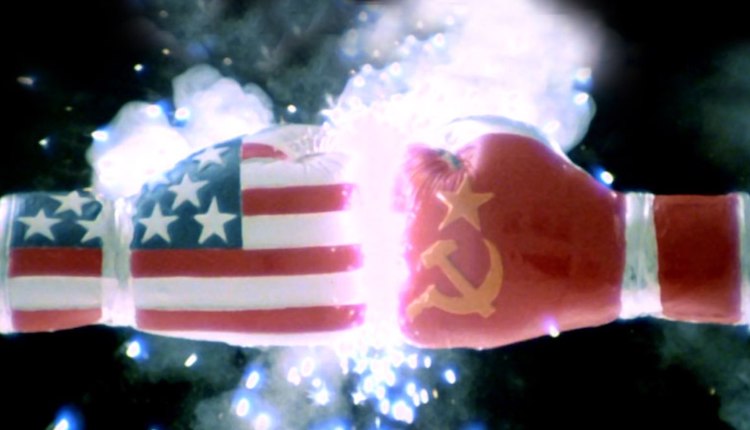
If you are going to get your classes to really understand the Cold War, they need to know how the two sides were diametrically opposed politically and economically. This enquiry does just that. Starting with a classic image of US and Soviet soldiers shaking hands with each other in Berlin[…]
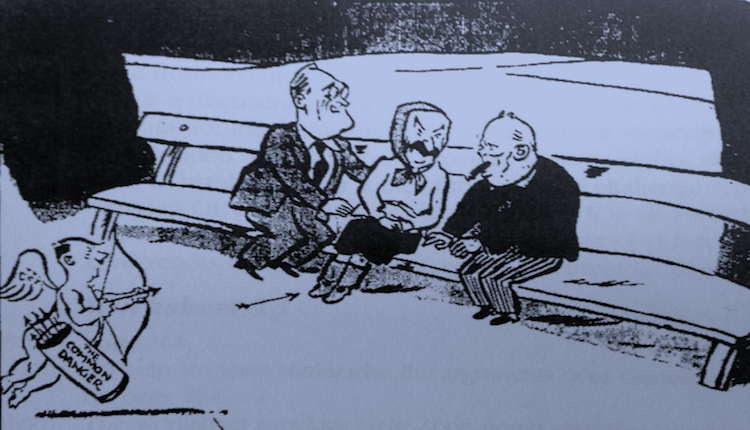
Starting with this famous flirty cartoon of the Big Three and Hitler playing cupid, can your students work out its message with reference to the Tehran Conference? Next they find out what happened at happened at Yalta and Potsdam and learn the fundamental reasons why the Grand Alliance began to[…]
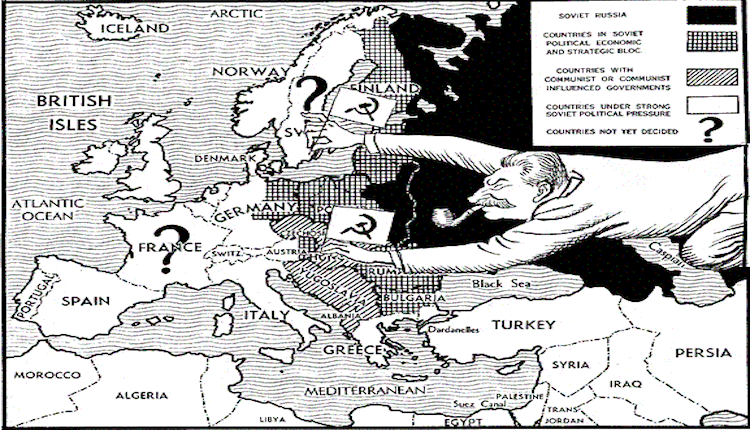
By juxtaposing Churchill’s Iron Curtain Speech with a statement made by Khrushchev in 1971 you will establish two very different views about who did most to develop the Cold War? Who was more important in the development of the Cold War 1945-47 Stalin or Truman? Your students will collect evidence[…]
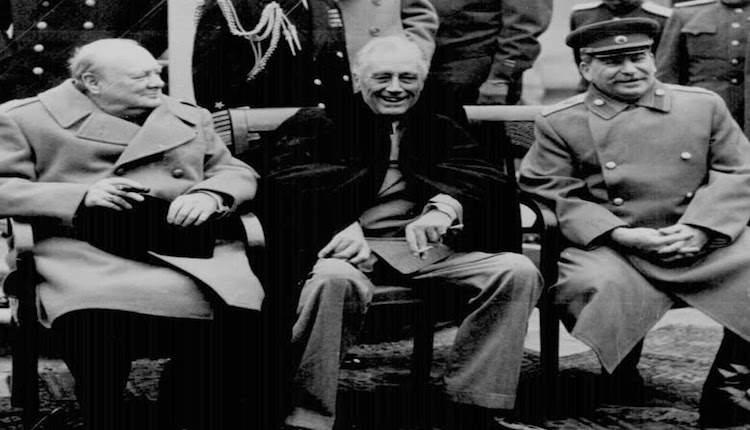
This quirky enquiry gets your students to use their skill to judge which cartoon from Yalta and Potsdam period deserves to be cartoon of the year. Using criteria from award winning cartoonist Steve Bell (The Guardian) can your students work out the message and apply contextual knowledge to three very[…]
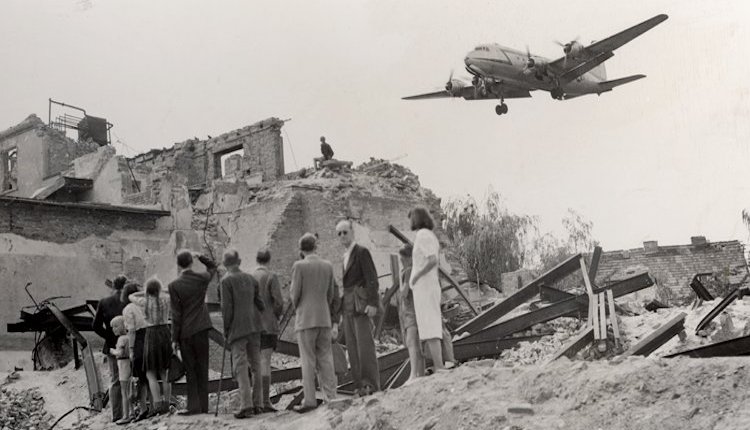
Fake news sites have recently been all over the internet. This enquiry deals with this issue of ‘fake news’ head on. History is the subject that equips students to be fake news detectors. Your class is tasked with evaluating a fake news site about the Berlin Blockade. They need to use[…]
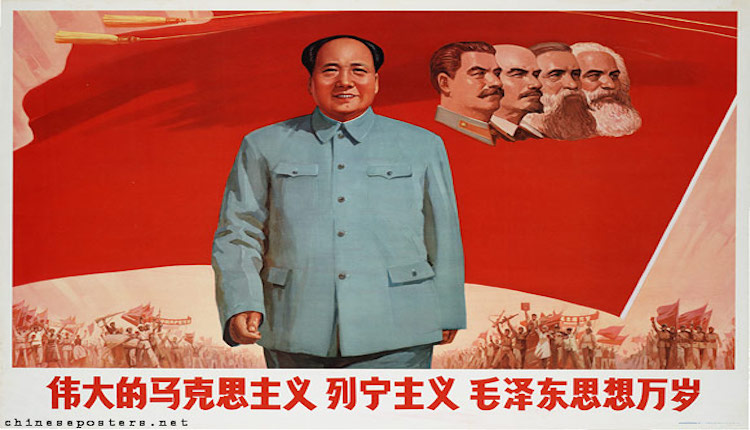
The aim of this enquiry is to allow students identify significant events in Asia during the cold war, particularly understand the changes in Sino-Soviet relations. Some historians now suggest the Sino-Soviet split was one of the biggest turning points in the cold war, equal (if not greater) than the European[…]
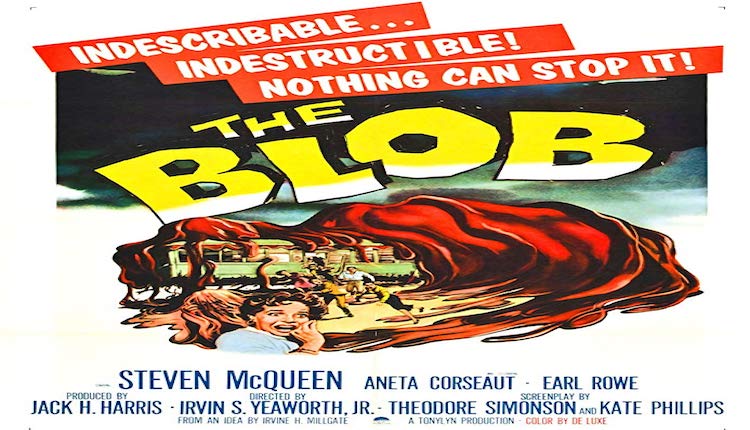
This enquiry gets your students to become 50s B movie film buffs and analyze 4 Sci-Fi classics through the lens of the Cold War. By arming them with knowledge about the Cold War in the first task, you will draw out the four main themes of the conflict from a[…]